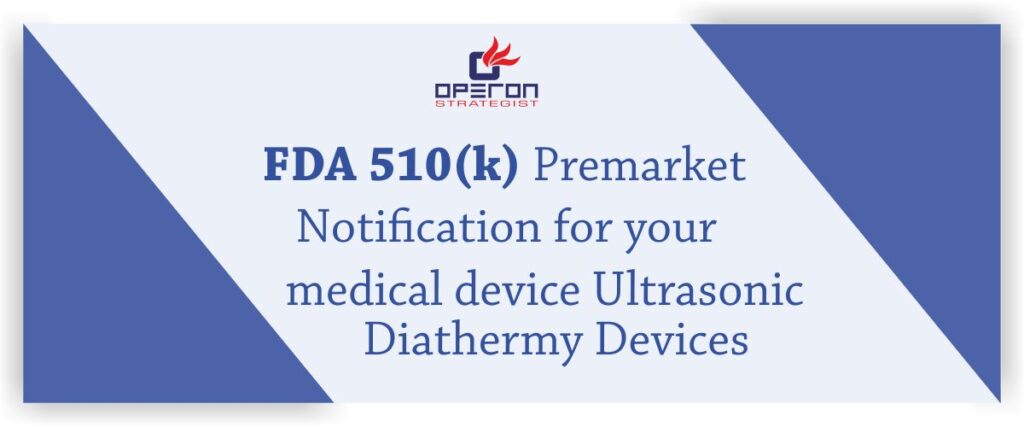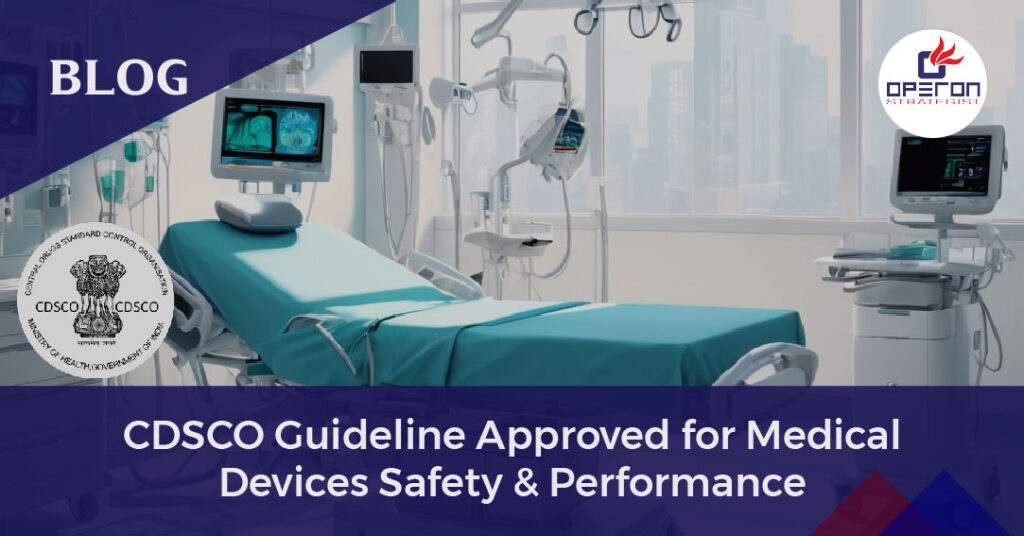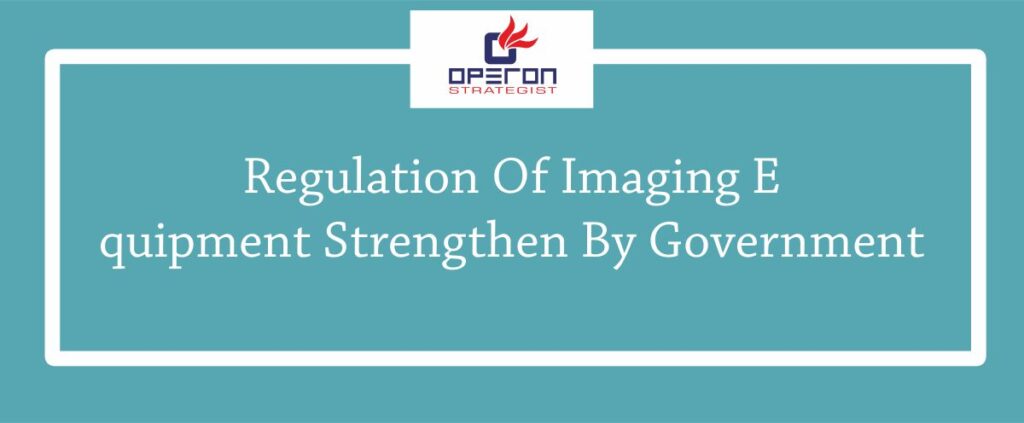Clinical Evaluation
Medical devices play a crucial role in the diagnosis, treatment, and prevention of diseases and medical conditions. They range from simple devices such as bandages and tongue depressors to complex devices such as pacemakers and MRI machines. However, before these devices can be marketed and used in the healthcare industry, they must go through a rigorous clinical evaluation process. This process is in place to ensure the safety, efficacy, and performance of the medical devices. Despite its importance, the clinical evaluation process can be challenging and can present a number of obstacles for companies and regulatory bodies. To overcome these obstacles your medical device regulatory consultant can assist you. medical device regulatory consultants, such as Operon Strategist who are clinical Evalution consultant as well helps you to understand the clinical evaluation/ clinical trial requirement and create related documentation example: CER records (Clinical evaluation report records), which are necessary for the submission to notified bodies in connection with European CE mark for medical devices .
Challenges in Clinical Evaluation
1. The Lack of Clinical Data
One of the major challenges in Clinical evaluation is lack of clinical data. Many new and innovative medical devices lack the necessary clinical data to demonstrate their safety and effectiveness. This can make it difficult for companies to obtain marketing authorization and can delay the approval process. For example, in the case of new technology, the clinical data may not be available as the technology is new and untested. This lack of data can also be a problem for devices that are similar to existing devices, but with new features or modifications. This lack of data can also be a problem for companies that are looking to enter new markets with their device, as they may have to conduct additional clinical trials to meet the requirements of the different regulatory bodies.
2. Complex Regulatory Requirements for Clinical Evaluations
These requirements vary by country and region, making it difficult for companies to navigate and ensure compliance. This can also lead to delays in the approval process. For example, different countries may have different requirements for clinical trial design, data analysis, and reporting. Additionally, the regulatory bodies of different countries may have different standards for what constitutes as acceptable evidence for safety and efficacy. This can make it difficult for companies to obtain marketing authorization for their device in multiple countries.
Conducting clinical evaluations also raises ethical considerations such as patient safety and informed consent. It is important to ensure that the studies are conducted in accordance with ethical principles and guidelines. This includes ensuring that the study design is sound, that the patients are fully informed about the study and that their rights are protected. Ensuring that the clinical evaluations are ethically sound is important not only for the patients, but also for the credibility of the study and the device. This is particularly important for devices that are intended for use in vulnerable populations such as children or elderly patients. Limited resources can also pose a challenge for companies when conducting clinical evaluations. The process can be time-consuming and costly, and many companies may not have the resources to conduct the studies themselves. This can lead to outsourcing the studies to third-party organizations.
Clinical review is required for both EU CE certification and USFDA approval. We work closely with both regulatory authorities, and our experience as medical device consultants helps us to resolve any concerns they may have. Please contact our regulatory expert to discuss your needs.




